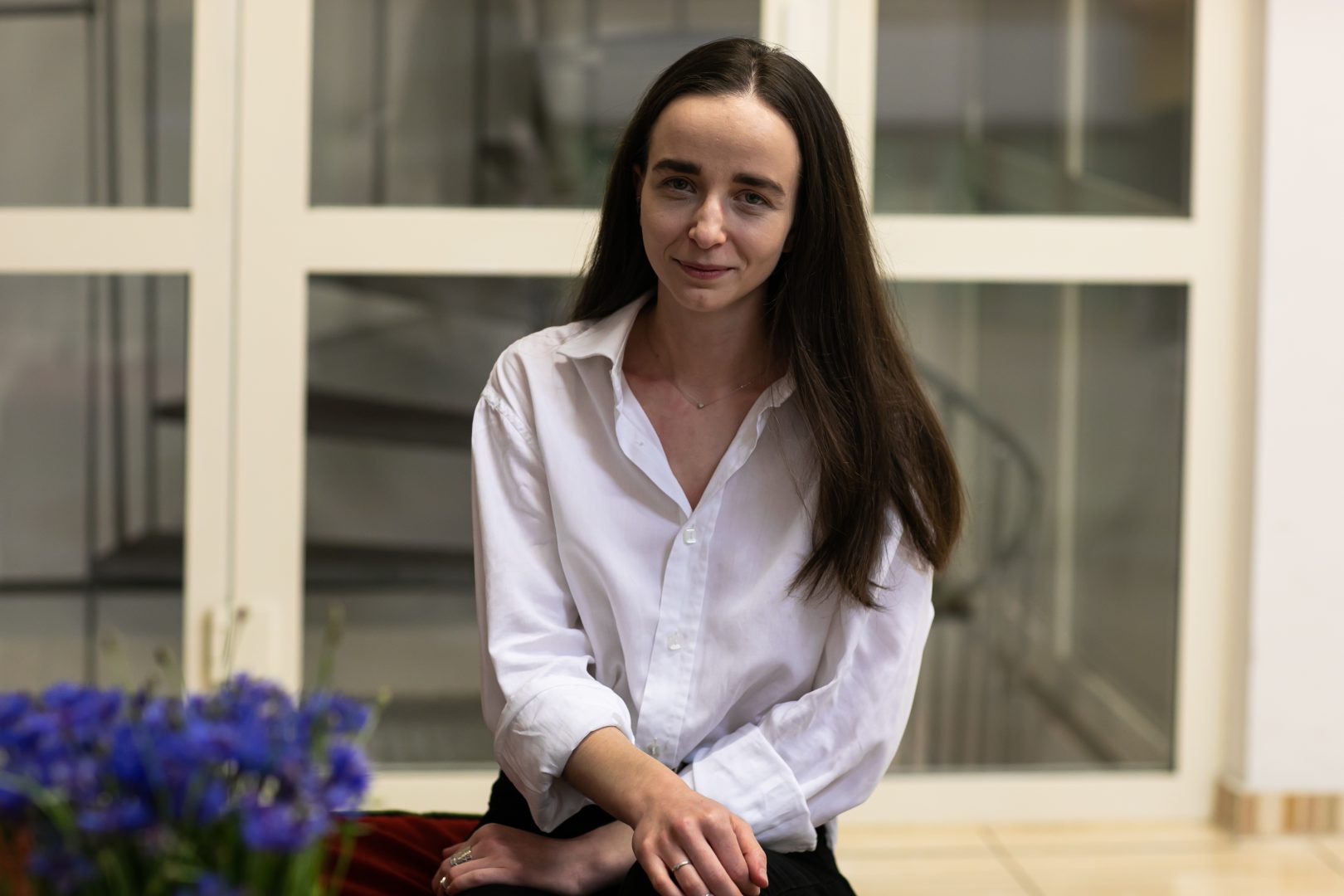Related sources:

“We are all Zionists, because we would all run away from here at the first opportunity”: a travelogue from Skala in 1937
The two excerpts presented here are drawn from Chone Gottesfeld’s travelogue and describe events in Skala, a small Galician town in the Second Polish Republic. In these passages, the author contrasts his experiences of Skala from his youth with what he encountered upon returning many years later after emigrating. His observations illuminate the complex processes through which modern Jewish identity took shape. Both excerpts recount events in which the author himself participated. The central theme of each fragment is the comparison between past and present experiences, which reveals how the politicization of the Jewish population in the Galician province unfolded in practice. The first passage examines the formation of the political worldview of...

Growing Up in Skala: A Galician Shtetl Seen through a Teenager’s Eyes
The excerpts presented here are drawn from the memoirs of Fanya Gottesfeld, a Jewish girl from the Galician town of Skala, who survived the Holocaust. In her recollections, she revisits her youth, which unfolded in interwar Poland. Her account bears a distinctive quality: at the onset of the Holocaust, she was eighteen years old—old enough to perceive and record the events unfolding around her, yet still young enough for her reflections to remain free from the hardened frameworks of political dogma or inherited prejudice. Her memories can be interpreted through five overlapping contexts—cultural, economic, political (interethnic), and ethical. The following analysis engages with each of these dimensions to reconstruct the anthropological perspective of...

\\
The excerpts presented here are drawn from the memoirs of Fanya Gottesfeld, a Jewish girl from the Galician town of Skala, who survived the Holocaust. In her recollections, she revisits her youth, which unfolded in interwar Poland. Her account bears a distinctive quality: at the onset of the Holocaust, she was eighteen years old—old enough to perceive and record the events unfolding around her, yet still young enough for her reflections to remain free from the hardened frameworks of political dogma or inherited prejudice. Her memories can be interpreted through five overlapping contexts—cultural, economic, political (interethnic), and ethical. The following analysis engages with each of these dimensions to reconstruct the anthropological perspective of...

Excerpt from Chone Gottesfeld’s travelogue ‘My Trip to Galicia’, dedicated to Galician town of Skala (1937)
Returning three decades after his emigration, journalist Chone Gottesfeld of the New York Yiddish newspaper Forverts (פֿאָרווערטס) found his hometown of Skala—today known as Skala-Podilska—in a state of prolonged decline. According to the 1900 census, the town had 5,638 inhabitants, of whom Jews made up nearly half (2,494). By the time of the last census in 1931, Skala’s population had fallen to 4,017, with just 1,460 Jews remaining. More broadly, towns across Galicia never recovered from the devastation of the First World War. During the interwar period, their main source of income—trade with the Russian Empire—had become impossible. As Gottesfeld’s account makes clear, the local population now had virtually no means of subsistence....

Excerpt from Chone Gottesfeld’s travelogue My Trip to Galicia (1937): “The shtetl is dying out. And this is not the only shtetl in Galicia.”
This excerpt continues journalist Chone Gottesfeld’s reflections on his hometown of Skala, which he left thirty years earlier when he emigrated to America. After visiting Galicia in 1936, he wrote a travelogue whose impressions were first published in the newspaper Forverts (Forward, official Yiddish title: פֿאָרווערטס) and later released as a separate book. It is clear that one of his implicit aims was to encourage financial support for Galician Jews, which is why he focuses primarily on describing their hardships in detail. In this passage, the author highlights the main factors behind the town’s decline, particularly demographic changes driven by economic hardship and recurring epidemics. The head of the Jewish community explains...

Excerpt from Chone Gottesfeld’s travelogue ‘My Trip to Galicia’, dedicated to Ternopil (1937)
This excerpt is taken from a travelogue of impressions and experiences by the renowned journalist Chone Gottesfeld of the New York Yiddish-language newspaper Forverts (Yiddish: פֿאָרווערטס, English: The Forward), published in New York in 1937. In it, the author recounts a journey to his hometown of Skala, which he had left in 1907. At the time, Skala was an atypical Galician town that had flourished during the Austrian period due to the large number of Hasidic pilgrims visiting local tzaddikim in nearby Chortkiv. However, the town fell into decline during the interwar years. Gottesfeld, known for his humorous newspaper stories and for plays performed in both New York and Warsaw, offers in this...
Show more
Collapse all

